Depression is a slow, aching, and painful state. It is more than a mood swing or a response to some setback within the everyday struggle. It is a mental health condition resulting in a lack of hope, motivation, focus, and energy. Depression can become completely debilitating and increases one’s risk for suicide. It is considered a global epidemic—over 300 million around the world are affected, rates are on the upswing, and for many people, current treatments are ineffective.
Recent brain imaging studies could give sufferers a new hope—in the form of an infamous psychedelic substance. LSD, the potent psychoactive with a less-than-shiny reputation, could offer an unusual treatment option for the most severe forms of depression.
THE DMN, THE CAGE
Researchers have scanned the brain activity in people experiencing severe depression, and found a similar pattern. The scans revealed an over-activity in the patients’ default mode network, or DMN. The DMN describes the distinct network of brain regions linked to our memories, our sense of self, and our “inner voice”. Essentially, the DMN defines us and keeps us who we are. The scans revealed that the default mode network in depressed individuals is working too hard, and this is probably related to the recursive negative thoughts that sufferers experience.
We are all familiar with the flow state, or the feeling of deep engagement, when we feel like we lose ourselves. During these moments, our default mode network shuts down, and we experience the pleasures of profound engagement and purpose. But an overactive DMN in a depressed individual makes that feeling nearly impossible to achieve. For the depressed, finding solace is not easy. Certain areas of their brain are unable to shut down, and they are not only kept in their state of depression but have difficulty focusing on tasks and finding meaningful engagement. Though it comes from within, depression surrounds them like a cage.
PSYCHEDELIC EXPERIENCE
Where does LSD come into the picture? First, ignore the stigmatized, public depiction of tie-dye psychedelics. For therapeutic purposes, it is more important to focus on the unique inner experience of calm, insight, and curiosity that they offer.
Before decades of criminalization tainted the perception of LSD and other psychedelics, therapists used them to assist their patients. The substance took people out of themselves, opened them up for therapy, and allowed them to view and understand their situations in new ways.
As a psychedelic, LSD uniquely affects one’s subjective experience and sense of self. Anecdotal reports of an LSD trip often mention:
- Feeling connected with other people, the natural world, or the universe
- An openness to new experiences
- An openness to address or discuss past traumas and challenges
- New perspectives and insights
- Feeling engaged in the moment
LSD offers the experience of “ego death,” a loss of awareness of the self, which can be life-changing. This aspect of LSD may also present a profound new way to treat depression.
Psychedelic therapists are trained clinicians who can support you before, during, and after your psychedelic journeys. To find a therapist who matches your mental health goals and preferred plant medicines, visit Third Wave’s vetted psychedelic therapist Directory.
Grow 1 Year's Worth of Microdoses in Just 6 Weeks
Third Wave partnered with top mycologists to create the world’s easiest and best mushroom growing program (kit, course, and expert support).
- Pre-sterilized and sealed
(ready to use out of the box) - Step-by-step video and text course
- Access to growing expert in community
- Make your first harvest in 4-6 weeks
- Average yield is 1 - 4 ounces (28-108g)
- Fits in a drawer or closet
- Enter info for Third Wave discounts:
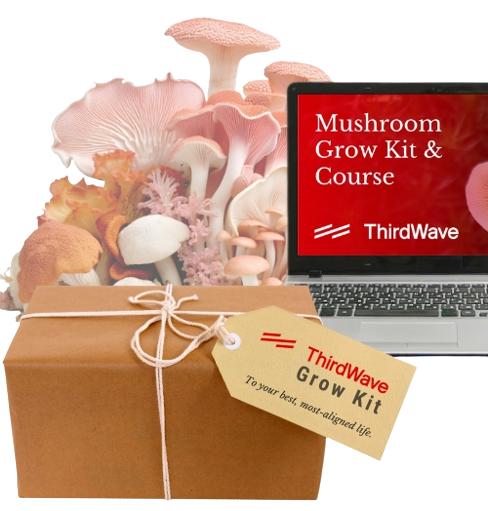
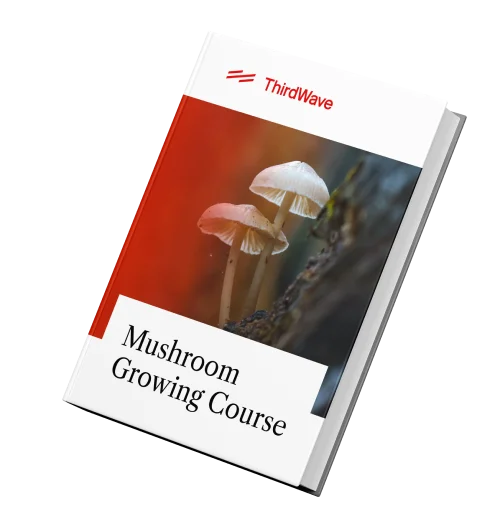
Grow 1 Year's Worth of Microdoses in Just 6 Weeks
Third Wave partnered with top mycologists to create the world’s easiest and best mushroom growing program (kit, course, and expert support).
- Pre-sterilized and sealed
(ready to use out of the box) - Step-by-step video and text course
- Access to experts in community
- Make your first harvest in 4-6 weeks
- Average yield is 1 - 4 ounces (28-108g)
- Fits in a drawer or closet
- Enter info for Third Wave discounts
LOSS OF SELF
Thanks to research conducted at Imperial College London, LSD’s ego-killing effect is more than just anecdotal. Researchers administered LSD a group of 20 experienced psychedelic users and then took brain scans during different stages of their journeys. They noted changes in cognitive activity and brain network interaction “correlating with profound changes in consciousness” and “typified by ego-dissolution”. In other words, their default mode network was dialed down. LSD could be a therapeutic response to an overactive DMN.
Depression also often develops as a person nears the end of their life. Medical literature estimates that 25%-77% of those with terminal illnesses develop some sort of major depressive disorder. A study conducted in 2014 achieved promising results for treating terminal anxiety with LSD.
In the study, researchers conducted psychotherapy sessions on patients who developed anxiety after being diagnosed as terminally ill. The sessions involved randomly dosing patients with either 200 micrograms of LSD, or a 20 microgram placebo dose. The researchers concluded that the placebo would “produce the full spectrum of a typical LSD experience, without fully dissolving normal ego structures.”
The study investigated how LSD’s ego-dissolving effects correlated with anxiety relief. The findings were promising—the higher, ego-dissolving dose effectively reduced patient anxiety, while the 20 microgram placebo did not. Patients who received the full dose had a lasting reduction in their anxiety, and expressed a desire for more LSD-assisted therapy sessions.
FUTURE THERAPY
LSD affects the default mode network in the brain and has effectively treated depression in early clinical experiments. It presents very low health risks when used in measured, controlled settings, and unlike traditional antidepressants, LSD assisted therapy sessions would only be required infrequently.
These promising results will hopefully pave the way for more research into LSD as a treatment for depression. Public opinion is shifting and psychedelic therapy is gaining traction as a viable alternative to the existing options. The situation has reached a tipping point, where the potential good now outweighs the potential risks. Apart from depression, research into psychedelics has also demonstrated their potential to treat addiction, PTSD, OCD, cluster headaches, and social anxiety.
But for all the progress being made, LSD is still illegal throughout most of the world. Publicly-available treatments for depression using LSD are not available, and will not be in the near future. LSD is an unregulated substance, and attempting to use it for private or personal treatment is risky. If you are planning to do so, be cautious of your source. Please note that an unsupervised journey may also worsen your anxiety or depression. We recommend that you refer to the 6 S’s of LSD use to improve your psychedelic experience.
You may also consider microdosing, which presents a very low risk of challenging or distressing psychedelic experiences. Third Wave’s Microdosing Course can get you started, helping you find the best dose for your body’s unique needs and developing a protocol that puts you on the path to achieving your goals and finding balance in your life.

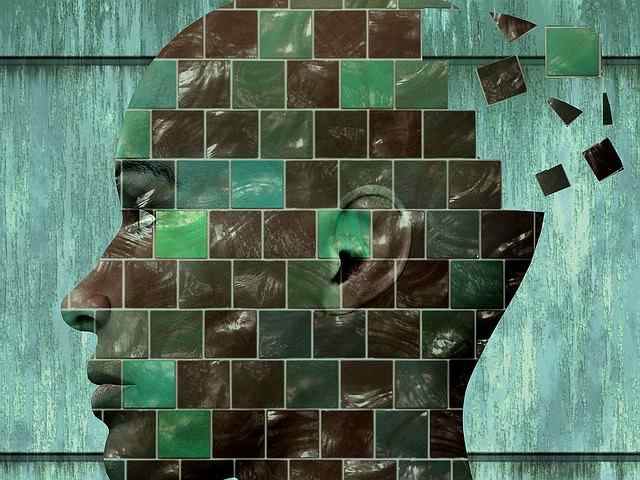


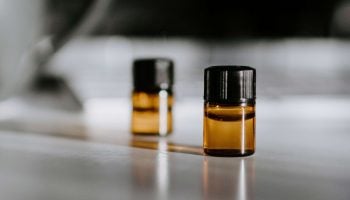
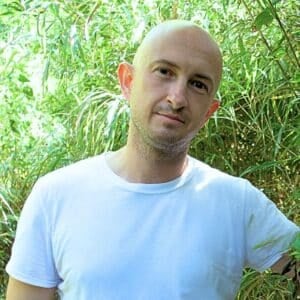


Great article!